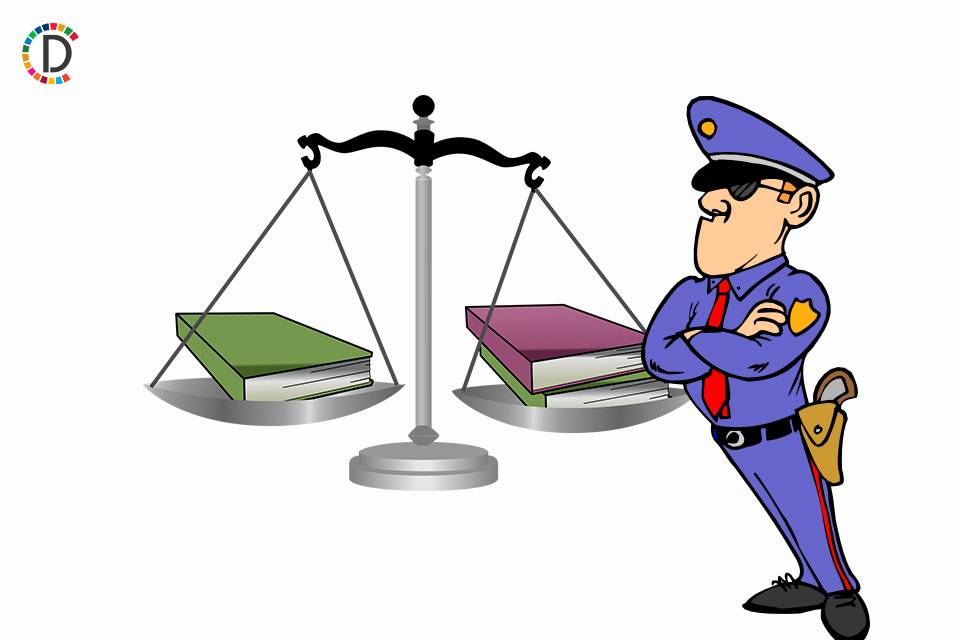EU, US seek broader reach on critical minerals as own deal stalls
"We are discussing the inclusion of specific mechanisms concerning reported breaches of a number of fundamental labour rights," the Commission official said. The United States and the European Union will, though, host ministers from Namibia, Ukraine, Kazakhstan and Uzbekistan and from other countries online in a push to forge alliances for the minerals critical to making economies more green and digital.

- Country:
- Belgium
The European Union and the United States will fail to reach a critical minerals agreement at a meeting of top officials this week, but will launch a joint push to forge partnerships with resource-rich countries. Brussels has been keen to secure a deal with Washington that would allow critical minerals mined or processed in Europe to qualify for U.S. clean vehicle tax breaks.
A senior European Commission official said a deal was "not foreseen" by the time the two-day Trade and Technology Council concluded on Friday, but a joint statement would say that the two sides will work towards reaching an agreement. A deal, likely to cover cobalt, graphite, lithium, manganese and nickel, could help ease EU concerns over the local content requirements to qualify for subsidies under the U.S. Inflation Reduction Act.
One of the issues holding up an agreement is a U.S demand to be able to examine individual sites to ensure labour standards are being upheld. "We are discussing the inclusion of specific mechanisms concerning reported breaches of a number of fundamental labour rights," the Commission official said.
The United States and the European Union will, though, host ministers from Namibia, Ukraine, Kazakhstan and Uzbekistan and from other countries online in a push to forge alliances for the minerals critical to making economies more green and digital. "We think that we can make a different offer to a number of developing countries than the offer that, for example, they have been working on with China until now," the official said.
This meant funding for infrastructure, more emphasis on sustainability and more value-added business in those countries rather than them simply letting their minerals be dug up and refined elsewhere, the official said.
(This story has not been edited by Devdiscourse staff and is auto-generated from a syndicated feed.)
ALSO READ
INSIGHT-Losing hope of rescue, some European solar firms head to US
INSIGHT-Losing hope of rescue, some European solar firms head to US
WRAPUP 1-Europe joins US in urging restraint by Israel after Iranian attack
UPDATE 2-Germany pledges more Sudan aid as European leaders push for funding on war anniversary
ANALYSIS-Fragmented Europe to make new bid for US-style capital market










